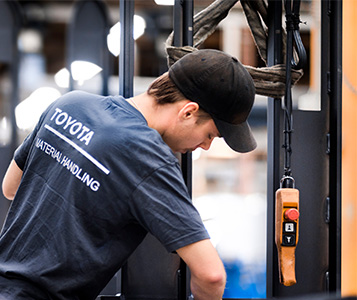Our social engagement
Enabling people to thrive across the value chain
The social ESRS disclosures – Own workforce, Workers in the value chain and Affected communities – request companies to report on their material impacts, risks and opportunities in a social context. We aim to provide transparency regarding our social practices, policies and measures.
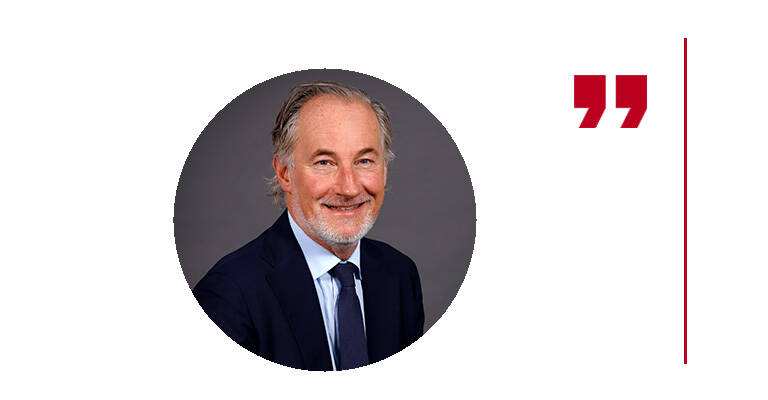
‘We aim to demonstrate every day that people come first’
Peter Damberg,
Senior Vice President Human Resources
Our own workforce
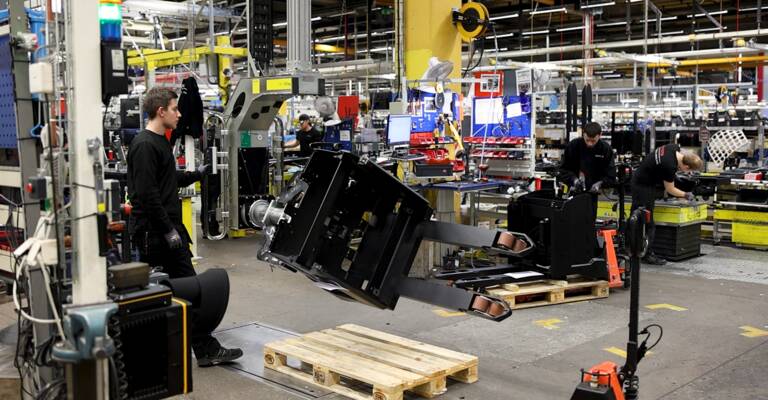
We foster a culture of equality,
promoting personal growth
We continuously invest in our people, developing and maintaining their professional competencies and personal capabilities, and measure employee satisfaction locally to safeguard well-being.
In 2023, EcoVadis rated our transparency and reporting on ‘Labour Practices and Human Rights’ at 77%. This places us among the top 1% of over 100,000 business-to-business (B2B) companies worldwide.
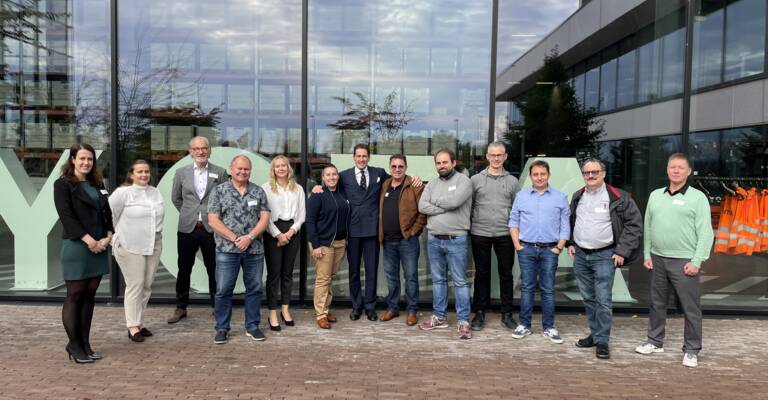
When it comes to our 13,000+ employees, their health, safety and well-being are a shared responsibility. Leaders must provide a safe physical and psychological environment to create a thriving culture. Employees are obliged to follow safety guidelines and take proactive steps to ensure safety and well-being for themselves and their colleagues.
We respect all people equally, embrace differences, and reflect the global nature of the Toyota family and values. Through our long-term partnership with EU-OSHA, we aim to create a safer and healthier workplace for everyone. In 2023 our management team signed a new diversity, equity & inclusion commitment, where we actively advocate a work culture that prioritises diversity, inclusion and equal opportunities.
Read about S1 - Our own workforce in our sustainability report >>
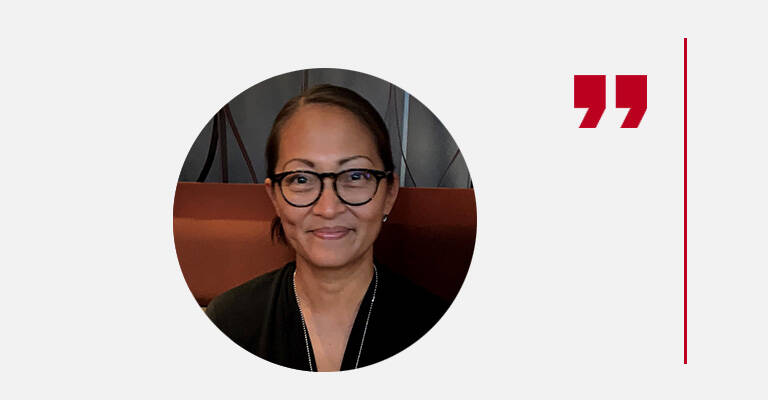
‘I am proud of my company as we sharpened our focus on Diversity, Equity and Inclusion, but I humbly admit that this is a long road we are on and that requires persistence and patience.
Leaders and managers are important role models, but everyone in our company has a responsibility to contribute to the great workplace we want to create, together. Everyone’s effort matters.’
Maria Hagegård, Senior HR Project Manager
Workers in the value chain
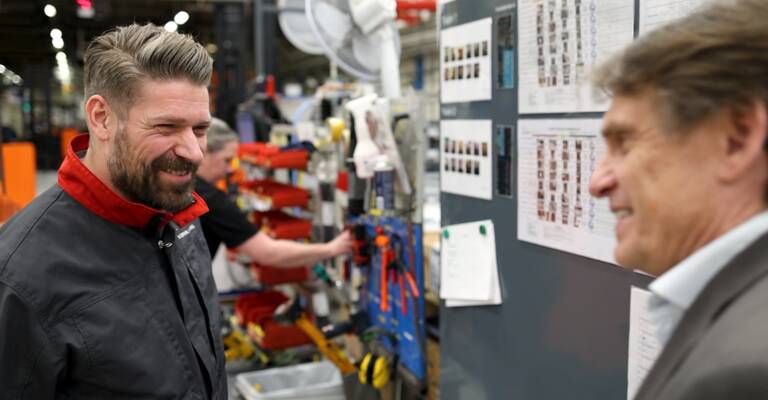
We define the characteristics required from
our suppliers to build a sustainable value chain
Over 80% of our suppliers are located close to the manufacturing plants, which allows us to support local economy and reduce the impact of transportation. Nevertheless, many other suppliers are based in various countries where workers’ legal protection differs.
Labour practices and human rights in the value chain present industry-wide challenges that are difficult for any company to solve alone. We are building up capability to further zoom in on this topic in the future - once suppliers have been onboarded to the EcoVadis tool, its in-built, risk-mapping tools will allow us to investigate our operations’ Labour practices and human rights as well as those of our suppliers. This will give us a better overview how our suppliers deal with social practices in relation to second-tier suppliers.
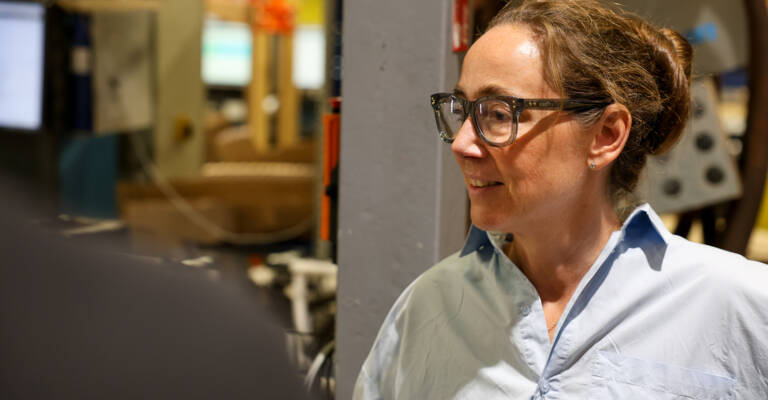
In line with our Code of Conduct for Suppliers, we aim to conduct business in a fair and honest manner and create a sustainable value chain – we want to become the most respected and trusted material handling partner in Europe.
Read about S2 - Workers in the value chain in our sustainability report >>
Affected communities

We engage in raising our level of
governance to ensure equal legal protection
Though we have an extensive supplier base, over 80% of our European suppliers are located in the vicinity of our manufacturing plants.
While over three quarters of our suppliers are based in Europe, some are based elsewhere, in countries where legal protection remains weaker and materially affected communities are not covered. We have updated our Code of Conduct for Suppliers in 2023 to address this issue, in line with our Responsible Purchasing Policy.
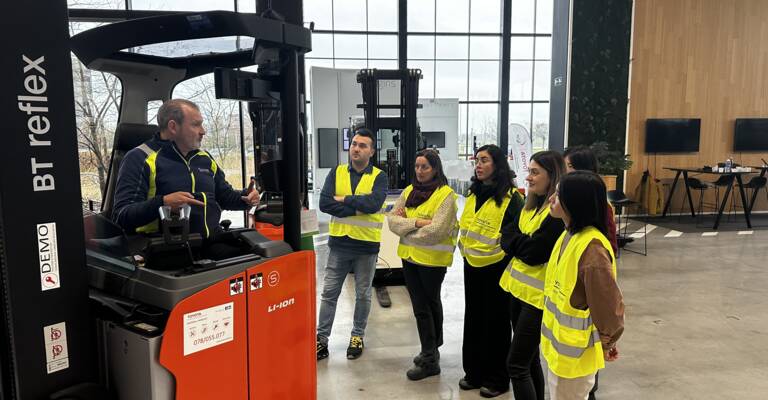
A string of EU climate and social regulations – including the Forced Labour Regulation and Sectoral Social Dialogue - require us to raise our level of governance on these issues further. We welcome this opportunity to create a level playing field, as all EU companies will have to address such issues in a more standardised way.
Read about S3 – Affected communities in our sustainability report >>



